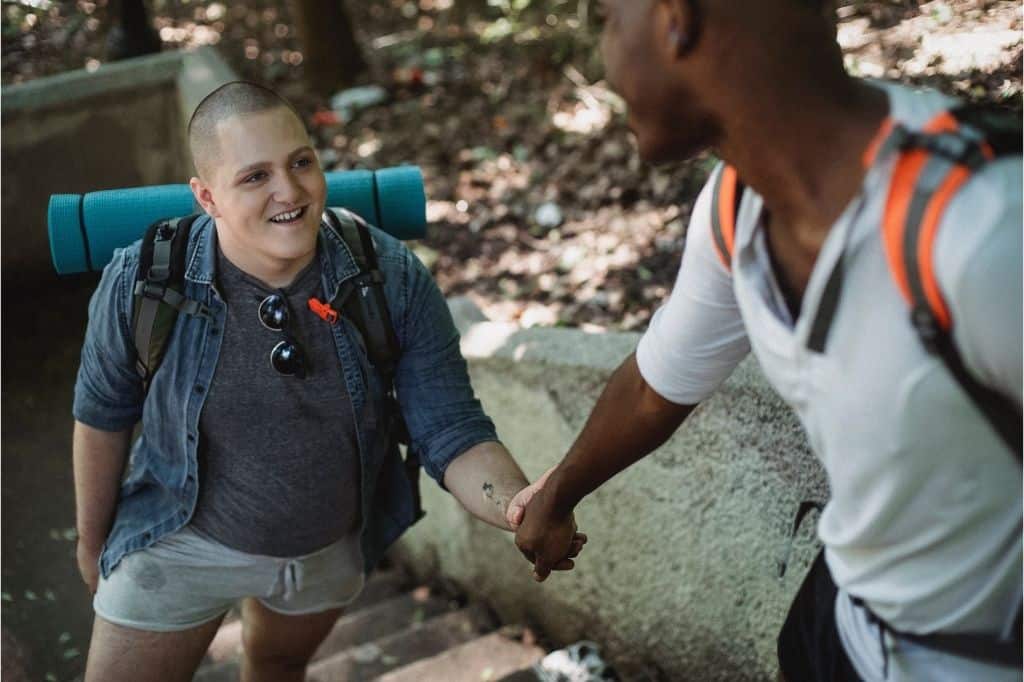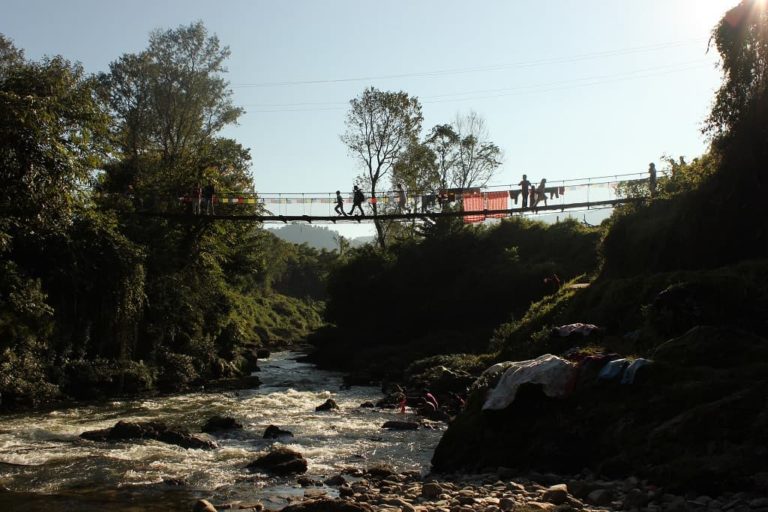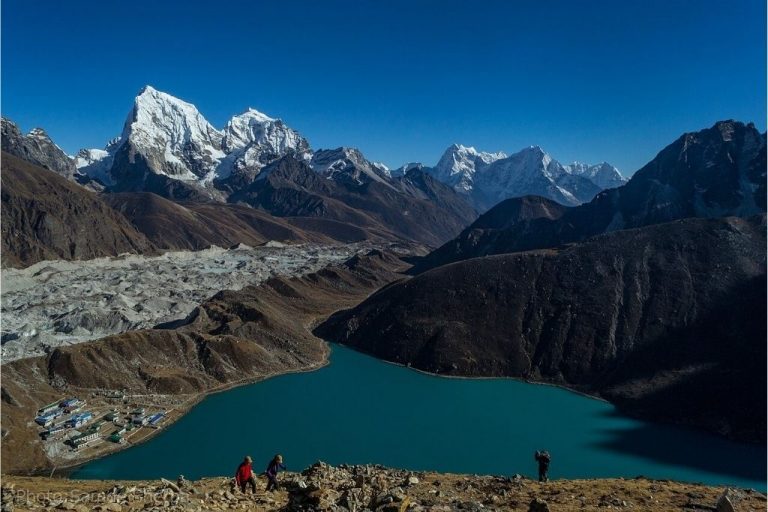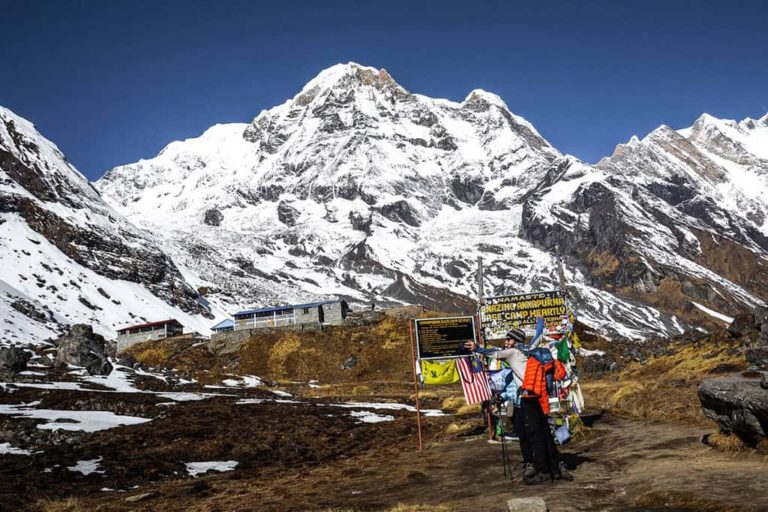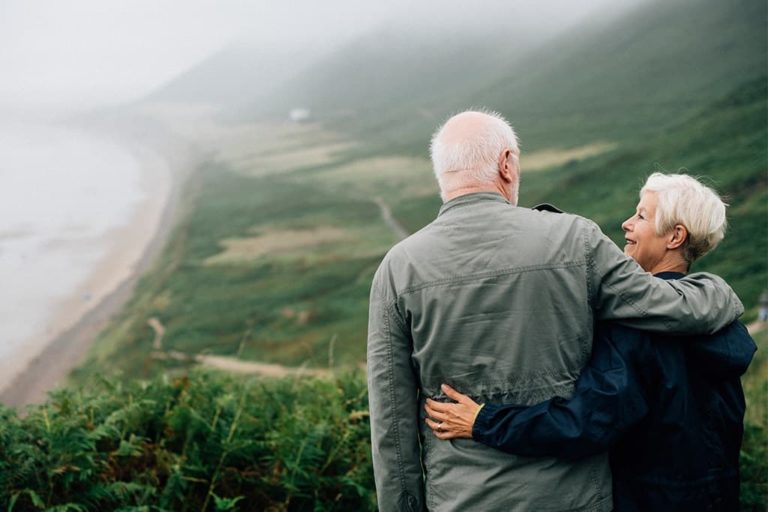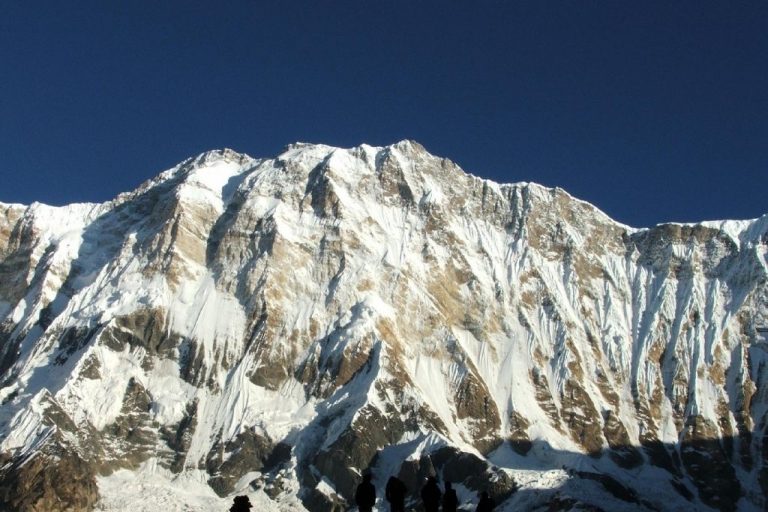LGBTQ Travel: Tips for traveling in Asia
LGBTQ travel- a topic no one thought would be a thing till the 21st century. As much as we try to normalize it, there are still some parts of the world that have no idea about what this even means.
The acronym “LGBTQ” stands for lesbian, gay, bisexual, transgender, and queer. Some people would include other letters to the acronym as well.
Travel can be very challenging for members of the LGBTQ community. Thankfully, there are now many more travel options available. It is getting easier to find LGBTQ-friendly accommodations in Asia; the difficult part is finding the correct information about where to go, what to do, and how you will be treated on your holiday.
Also, you will be worried about not just your safety but also about the fact that they may not accept your sexual orientation in the country you’re visiting.
Read about the fastest way to get in shape for trekking here.
LGBTQ travel: Tips
We know it can feel scary for an LGBTQ travel member when you don’t have your own experiences with the region, but we’ve put together a list of things you should keep in mind for those traveling in Asia:
1. Check the information on LGBTQ-friendly destinations online
You want to know where you can go and have a great time doing what you love and still feel safe and comfortable. Before booking tickets or reservations, always check out how they treat members of the LGBTQ community.
Some hotels, resorts, or restaurants will be gay-friendly but not transgender-friendly or vice versa.
A traveler’s worst nightmare can be not knowing the local culture and customs of the country they are visiting. For LGBTQ members, there is also a host of fears that go along with traveling to some countries where same-sex relationships are punishable by law or might bring negative attention.
2. Expect aggression and abuse
You’ve heard it before, and you’ll hear it again: never assume that people won’t be outright hateful to you because of your gender or sexual preferences. We find as a general rule that the further east you go, the less visible LGBTQ people are and the more likely they will be verbally or physically assaulted.
If you’re in a nightclub, bar, restaurant, hotel, don’t wear anything or look anything that might suggest to someone you’re gay, lesbian, etc. Yes, it is essential to have representation and to be able to portray who you are freely, but when you are in a foreign land, your safety should be a priority.
Read about the youngest boy to scale Mount Everest here.
If you happen to find yourself in a situation where you’re verbally or physically assaulted and your travel partner is not with you, there’s still hope. You can always find a hotel or hostel that will allow people traveling alone to stay together or take matters into their own hands and rent a room for the night.
This one shouldn’t be something you have to worry about, but unfortunately, it still happens. Be prepared for abuse from taxi drivers or hotel staff, and especially the police when you’re out in public.
It’s important to remember that you are their superior, and they will exercise any power they can over you if given an opportunity. Especially if you’re traveling alone, be sure to stay alert and trust your instincts on if someone can be trusted or not.
3. Always think before you speak
Your little travel stories may make you popular among your peers, but they could also make you a target of the locals. Most people don’t want to have conversations with foreigners about LGBTQ travel rights and freedom, so you must be careful what you say.
Although the situation seems to be changing in some areas of Asia, the region tends to be less progressive on LGBT travel issues than other parts of the world. The typical attitude is that same-sex marriage is unnatural.
When you travel, you come to find out quickly that everyone is interested in where you’re from. It is especially true in Asia. Be sure never to bring up the topic of your sexual orientation or gender identity when it is not vital to do so, especially if you’re conversing with people who have the same ideologies as the government.
You never know what kind of personal information about yourself they may share with others later or be overheard and misinterpreted by someone else.
4. Research local laws
It is always an important step to take before traveling—Research the local laws and customs regarding the LGBT community to avoid any misunderstandings or conflicts.
Before going out to a nightclub or bar, it’s always a good idea to inquire about the dress code. Many gay and lesbian travelers find themselves being harassed if they show up wearing clothes that could be considered “gay” or “lesbian.”
You can visit the International Lesbian and Gay Association websites to check the sexual orientation laws of countries.
The Human Dignity Trust also has information about countries that criminalizes homosexuality.
5. Be discreet
It’s easy for an LGBTQ person traveling in Asia to get misperceptions about their sexuality or gender identity. There’s always a chance that someone you meet will get the wrong idea about who you are or who you’re traveling with.
Be sure to be as discreet as possible with your public displays of affection and avoid getting into lengthy conversations about LGBTQ rights and culture. Be sure to read up on any local laws, so you’ll know what is considered an offense and what isn’t in your destination country.
Things like holding hands, showing your affection for one another, or being obvious can negatively affect you.
6. Understand the local culture
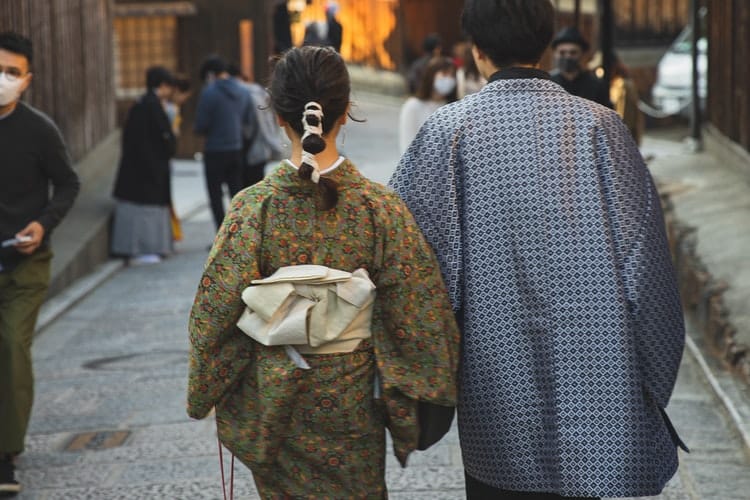
AGAIN, understanding the local culture is an integral part of living in a new country. You may not be able to experience everything your new home has to offer, but by focusing on how locals socialize and interact, you can get a better idea of what it’s like to live there.
Sometimes we have to take a step back and let locals live their lives on their terms. It includes respecting their culture, customs, and laws. Don’t do anything that you wouldn’t do in your home country just because you are out of it.
Read about the top safest places to travel in Africa.
Be sure to take time to get to know the local people and understand what it’s like to live there as an LGBTQ ally before making any sudden changes or judgments.
If you’re traveling with your partner, take the opportunity to introduce them to your new friends, especially if they are also LGBTQ allies. Most likely, you’ll be able to catch a friend’s eye when you’re out and about in your destination country and will be able to get an introduction. A lot of times, it helps to have an ally by your side.
7. Look up the local gay scene
Look up the local gay scene to find out where to go, like gay bars and clubs. You can also search for events with LGBT in the title. Another great way to make new friends is by taking part in the local LGBTQ community groups.
Looking for places to go can significantly improve your experience traveling abroad.
8. Connect with other LGBT travelers or locals
The best way to connect with other LGBT travelers or locals is by joining an online social group such as Pink News, Baywatch, and Gay Planet
These groups are a way to meet people interested in the same things as you, have similar views, and are all about fun.
Traveling with an LGBTQ travel group is also a great way to have fun while getting the most out of your time abroad. There’s safety in numbers.
Joining an LGBT travel group on Facebook is an excellent way to connect with other people in your destination country or someone else who will be visiting there soon if you’re not able to go.
9. Look for gay-friendly accommodation
It will be, at the very least, a place that allows same-sex couples to stay together. It should also have some gay-friendly policy such as allowing gay couples to stay in one room while sharing the bed with same-sex people.
Often, LGBTQ travelers are not recommended to stay in the same hotel room with their same-sex partner because of safety concerns and being outed by staff or other guests.
10. Safety is a concern for many LGBTQ couples
Safety is a concern for many LGBTQ couples. In a study conducted by the National Coalition of Anti-Violence Programs, 72% of transgender and non-binary individuals were victims of intimate partner violence in their lifetime.
In comparison, 10% reported experiencing sexual violence in their lifetime. Lesbian, gay, bisexual, transgender, and queer people still face high discrimination and stigma in the US and abroad. Therefore, LGBTQ tourists face many safety concerns when traveling abroad or visiting LGBTI-friendly countries.
However, LGBTQ travelers can reduce these risks by being innovative and practicing safety precautions. It is recommended that LGBT travelers should not travel alone or unprotected at night unless they take extra steps to ensure safety.
LGBTQ couples should always stay together when sightseeing in tourist areas and not become separated from each other, especially in the evening. These couples should also plan their trip so that they don’t have to walk long distances after sunset.
Besides, it is recommended that LGBTQ travelers travel with friends or partners familiar with the destination country.
Best Gay Travel Destinations in Asia
Asia is a fantastic destination for LGBTQ travel. With its variety of vibrant cultures, breathtaking landscapes, and rich history, the continent is a true paradise.
From the Indian subcontinent to the Far East, Asia offers a plethora of vacation possibilities for LGBTQ travelers. From the quaint city of Seoul to the exotic beaches in Thailand, Asia has it all.
So here are our hand-picked destinations for LGBTQ travel in Asia:
- Tokyo, Japan

Tokyo is one of the gayest cities in Asia. While it’s not as big as other cities like Bangkok or Manila, Tokyo has a surprising number of gay bars. The streets are safe for LGBTQ people, and most Japanese people are accepting of this community. The government also passed legislation to protect LGBTQ rights, making Tokyo an excellent destination for gay travelers.
- Goa, India
A lush, tropical paradise in India, Goa is the most chill destination for those who want to experience a little bit of the Indian culture and get away from it all.
It’s home to some of the most beautiful beaches, and you can easily spend a few days relaxing on the sand.
- Bangkok, Thailand
Bangkok, Thailand, is where you can go and be sure of two things: delicious food and serene beauty. It’s a fantastic city that has been attracting tourists for generations.
Bangkok has a gay scene and even has many gay-friendly hotels. However, gay travelers need to be careful because the country still has some anti-gay laws.
- Bali, Indonesia
Bali, Indonesia, is a popular destination for gay travelers and is full of beautiful beaches and exquisite temples. The city has a relatively small gay scene but is on the rise as more people become aware of its welcoming attitude towards the LGBTQ community.
The government of Bali recognizes same-sex marriage but does not accept it officially as part of their law system.
Gay travelers can find many great things to do here and discover nature in its purest form. They can enjoy surfing, snorkeling, diving, and other activities on the beautiful beaches of Bali. It’s a truly magical place!
- Pokhara, Nepal
Pokhara is a tourist city in Nepal. It is the second-largest city in Nepal and the capital of Gandaki Pradesh.
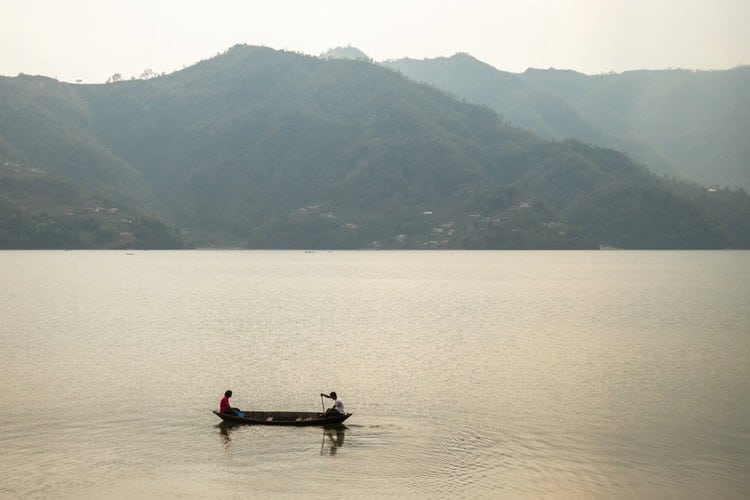
Its location in the mountains of the Himalayas has made it a popular tourist destination. The lake city is known for its beautiful mountains and lakes. It’s also home to high-altitude regions that are particularly suited for trekking and mountaineering.
There are many hotels in Pokhara catering to gay travelers that allow same-sex couples to stay together.
The city is relatively safe, with very little crime and significant incidents. Even though homosexuality isn’t accepted in all parts of Nepal, the government is taking steps to ensure the safety of LGBTQ people.
- Phuket, Thailand
Phuket is a beautiful island in Thailand famous for its stunning weather and exotic holiday destinations. Phuket is a popular destination for those who love sailing and scuba diving. It’s one of the best places in Asia to head if you want to explore nature in its most pristine form.
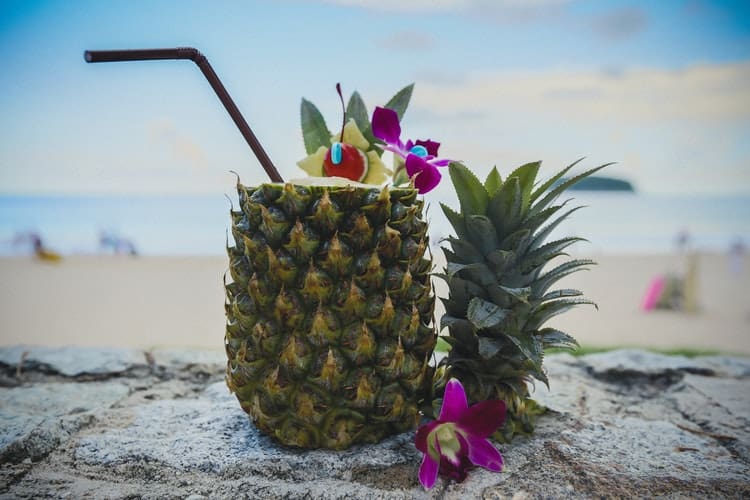
It’s also home to the World Heritage Site Phi-Phi Island, which is now the largest coral reef in the world.
Other than that, there are also many gay-friendly attractions such as skincare spas and beauty salons in Phuket.
The island has many beautiful beaches, Buddhist temples, and resorts. It’s considered one of the best destinations for gay travelers, and a lot of people have visited this island specifically for its gay-friendly reputation.
Conclusion
In the end, wherever you go, it’s always a good idea to be aware of your surroundings. While some countries are pretty accepting of the LGBTQ community, problems arising from ignorant people still exist.
We hope this article gave you some insight into traveling as a gay individual in Asia.
If you have any experiences traveling as an LGBTQ in Asia, please share in the comments below.

